 The current delay to diagnosis of ankylosing spondylitis (AS) stands at 8.5 years. NASS are committed to reducing this delay to diagnose. There are many factors impacting on this delay but an important issue is the recognition of AS in primary care and prompt referral on to rheumatology.
The current delay to diagnosis of ankylosing spondylitis (AS) stands at 8.5 years. NASS are committed to reducing this delay to diagnose. There are many factors impacting on this delay but an important issue is the recognition of AS in primary care and prompt referral on to rheumatology.
NASS have worked in partnership with the British Society for SpondyloArthritis (BRITSpA) to sponsor an eLearning course on ankylosing spondyloarthritis (axial spondyloarthritis) (AS) on the Royal College of General Practitioners (RCGP) website. The course aims to educate GPs about AS.…
Read more of this article


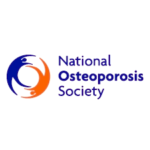
 On 10th July 2017, NICE issued a new Technology Appraisal (TA) for bisphosphonates which links the recommendations for drug treatments to advice on fracture risk assessment outlined in their earlier guidance. The TA is not intended to provide treatment thresholds but offers recommendations on cost-effective use of bisphosphonates when using fracture risk assessment as described in their guideline
On 10th July 2017, NICE issued a new Technology Appraisal (TA) for bisphosphonates which links the recommendations for drug treatments to advice on fracture risk assessment outlined in their earlier guidance. The TA is not intended to provide treatment thresholds but offers recommendations on cost-effective use of bisphosphonates when using fracture risk assessment as described in their guideline 
 On Monday 8th May 2017 the Scottish Medicines Consortium (SMC) published new advice accepting the restricted use of belimumab (Benlysta) by NHS Scotland for lupus patients. This advice was published following a re-submission with evidence supplied by GlaxoSmithKline (the producers of Benlysta) and LUPUS UK on behalf of patients.
On Monday 8th May 2017 the Scottish Medicines Consortium (SMC) published new advice accepting the restricted use of belimumab (Benlysta) by NHS Scotland for lupus patients. This advice was published following a re-submission with evidence supplied by GlaxoSmithKline (the producers of Benlysta) and LUPUS UK on behalf of patients.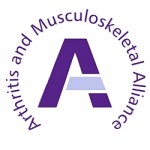
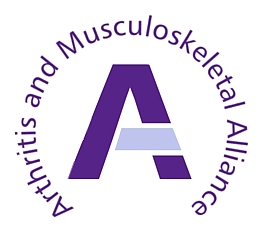 Geoffrey Lawton, Stoke ARMA group chair, invites you to:
Geoffrey Lawton, Stoke ARMA group chair, invites you to:
 Guest Blog by Dr Jo Larkin, Sport and Exercise Medicine Consultant FFSEM
Guest Blog by Dr Jo Larkin, Sport and Exercise Medicine Consultant FFSEM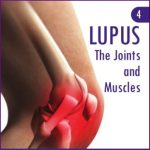
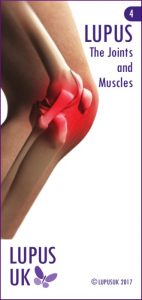
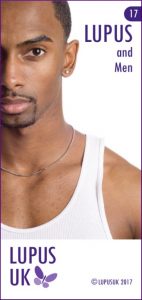
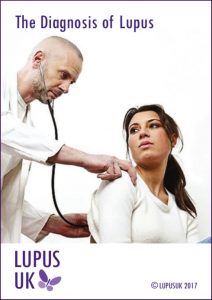

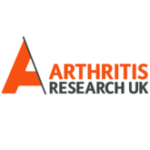
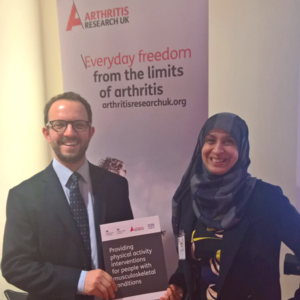

 The National Osteoporosis Society is launching “A Message to My Younger Self” – an awareness campaign about keeping bones strong and health. It begins on 12th April 2017 and runs through to World Osteoporosis Day on 20th October. NOS want the generations to have a conversation about healthy bones, to talk about the steps that can be taken to make sure bones are strong, and to give a voice to the millions of people with the condition.
The National Osteoporosis Society is launching “A Message to My Younger Self” – an awareness campaign about keeping bones strong and health. It begins on 12th April 2017 and runs through to World Osteoporosis Day on 20th October. NOS want the generations to have a conversation about healthy bones, to talk about the steps that can be taken to make sure bones are strong, and to give a voice to the millions of people with the condition.
 The Back Pain Show – 19 & 20 May 2017
The Back Pain Show – 19 & 20 May 2017